This afternoon, I received a message from my daughter through WhatsApp. She was in her room, and as usual, she asked me to bring her younger brother to have his afternoon nap. We are currently on school holidays, and both my children are at home, enjoying their time off. My son is particularly close to his sister, and it’s heartwarming to see the bond they share. Their relationship is a reminder of how siblings can be the best of friends, especially during times of leisure. My daughter also asked for my permission to go to the church for the Ponggal festival. I agreed and told her that we would go together with her siblings so that they could also experience this beautiful celebration. The church is conveniently located just next to our condo, and from our unit on the lowest floor, we have a clear view of everything happening there. Although we are on the first floor of the building, our 9th-floor neighbors often gather for various events, and the children, especially the younger ones, always seem to enjoy the festivities. The 3 smaller children in our family, including the toddlers, were particularly happy to be around other children at the event, even though they didn’t fully understand what was happening. Still, it was lovely to see them engaged in play and enjoying the atmosphere of the festival, as children always do.
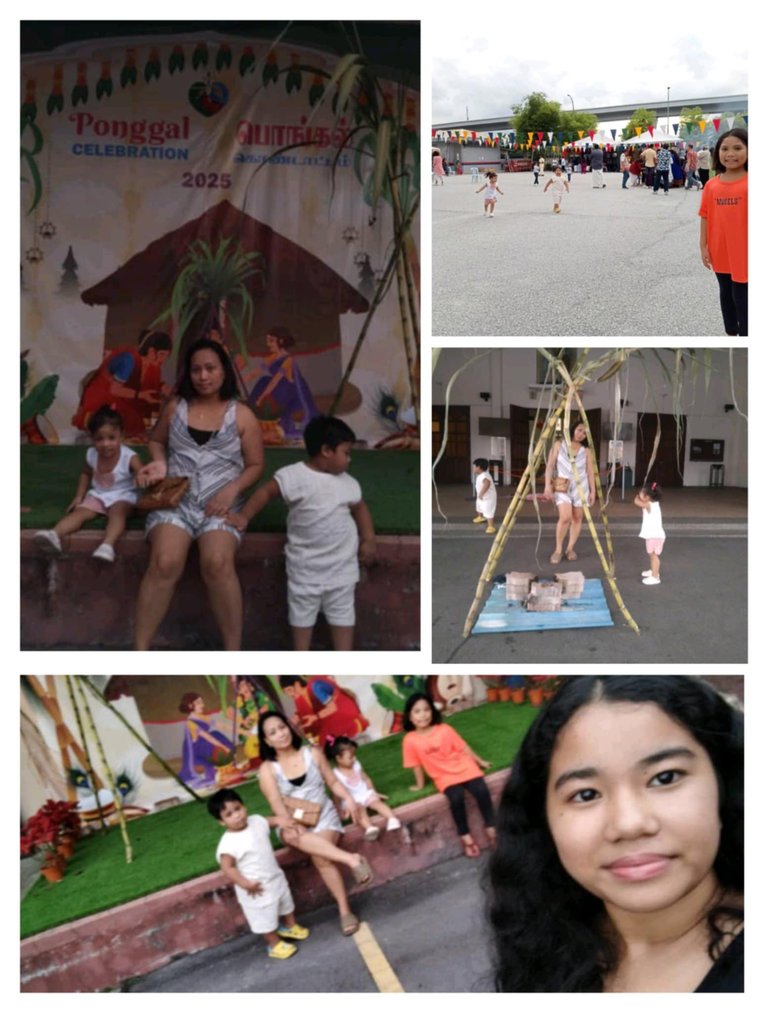
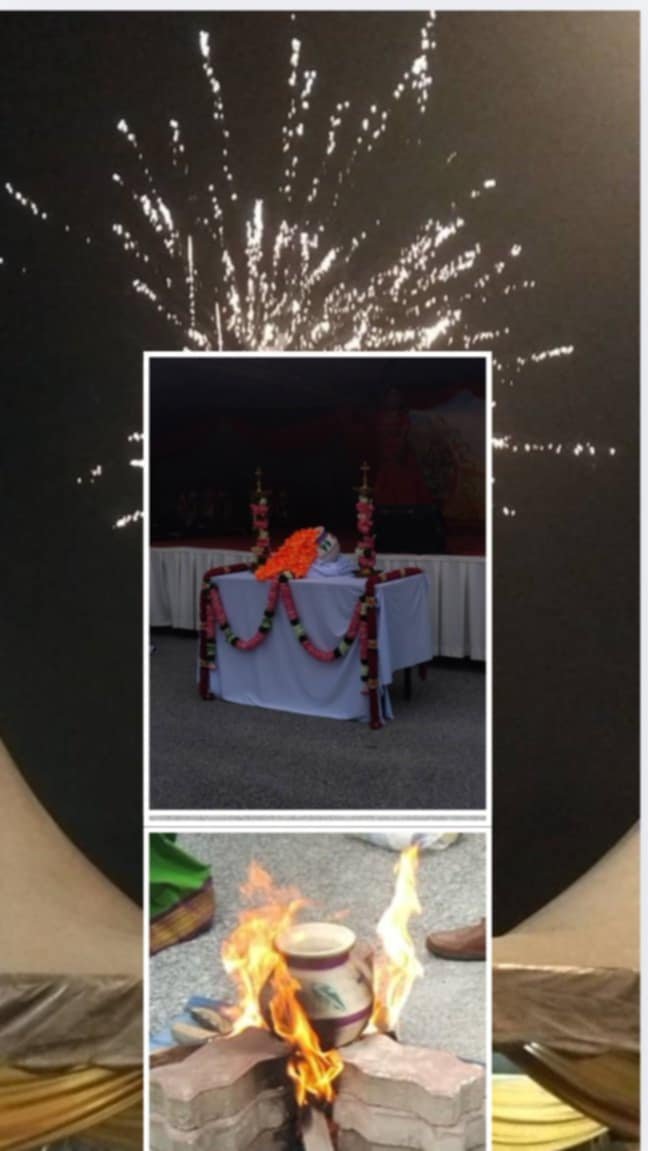
The Ponggal festival is deeply rooted in Indian tradition, particularly among Tamil communities, and it holds great significance as a celebration of the harvest season. The festival, which lasts for four days, is a time of joy, family gatherings, rituals, and communal celebrations. It marks the culmination of a period of hard work and dedication in agriculture, and it honors the efforts of the farmers who work tirelessly to provide the community with food and sustenance. The meaning of the word "Ponggal" itself is quite beautiful. In Tamil, it means "overflowing" or "to spill over," symbolizing an abundance of harvest. This word perfectly encapsulates the spirit of the festival – a celebration of prosperity, abundance, and the bountiful harvest that sustains life. As the sun sets on the last day of Ponggal, the festival is marked by various rituals, including the boiling of freshly harvested rice in a clay pot. The act of allowing the rice to overflow from the pot is symbolic of good fortune and prosperity in the coming year.
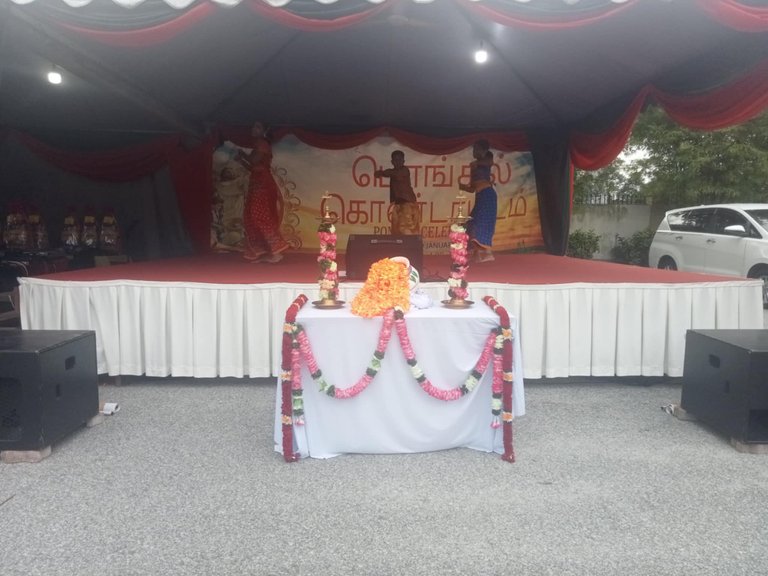
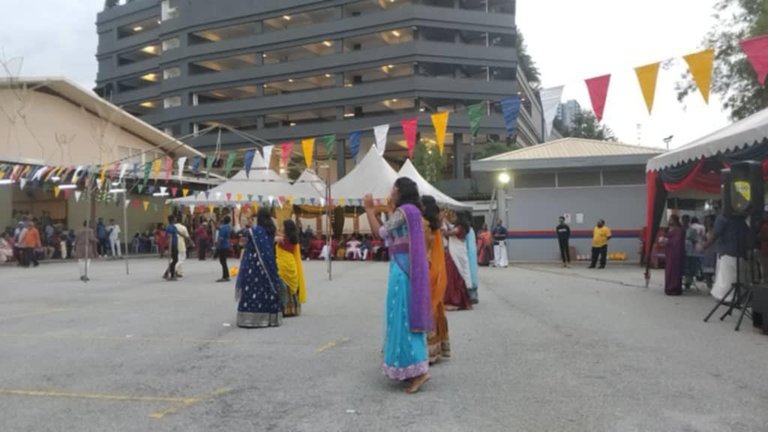
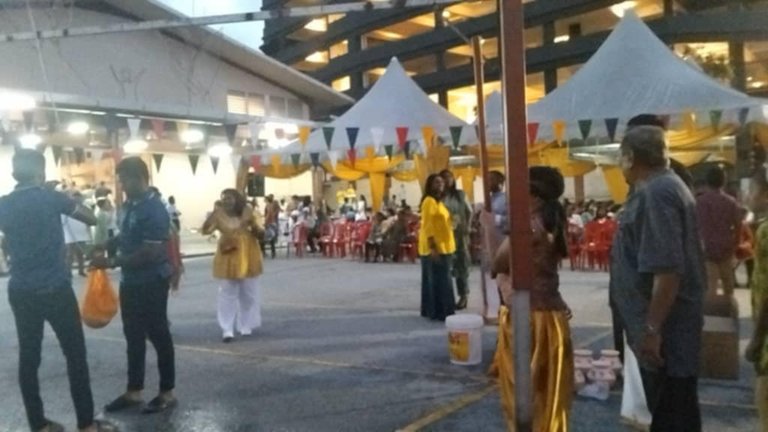
The significance of Ponggal goes beyond just the harvest, as it also involves honoring various deities, nature, and animals that contribute to the farming process. Traditionally, farmers thank the sun for its vital role in crop growth, as well as the cows and bulls that help with plowing the fields. The festival brings families and communities together in an atmosphere of mutual respect and shared gratitude for the earth and its abundance. As we made our way to the church, the children’s excitement grew as they saw the decorations and preparations taking place for the festival. The vibrant colors, the sounds of music and laughter, and the aroma of delicious food filled the air. It was evident that the entire community was involved in the celebration, and the children were captivated by the lively atmosphere. Even though the toddlers didn’t fully understand the cultural significance of Ponggal, they could sense the joy and positivity that surrounded them. What struck me the most about this experience was how the festival, despite being an ancient tradition, continues to bring families and communities together in today’s world. As we sat together, I couldn’t help but feel grateful for the opportunity to share these moments with my children, allowing them to experience not only the joy of the festival but also the importance of tradition, community, and family bonds. In the end, the Ponggal festival wasn’t just about the harvest or the rituals; it was about celebrating life and the people around us. It was a reminder that, no matter where we come from or what our background is, we all share in the beauty of life’s abundance, and it’s this shared joy that strengthens the ties that bind us as a community.
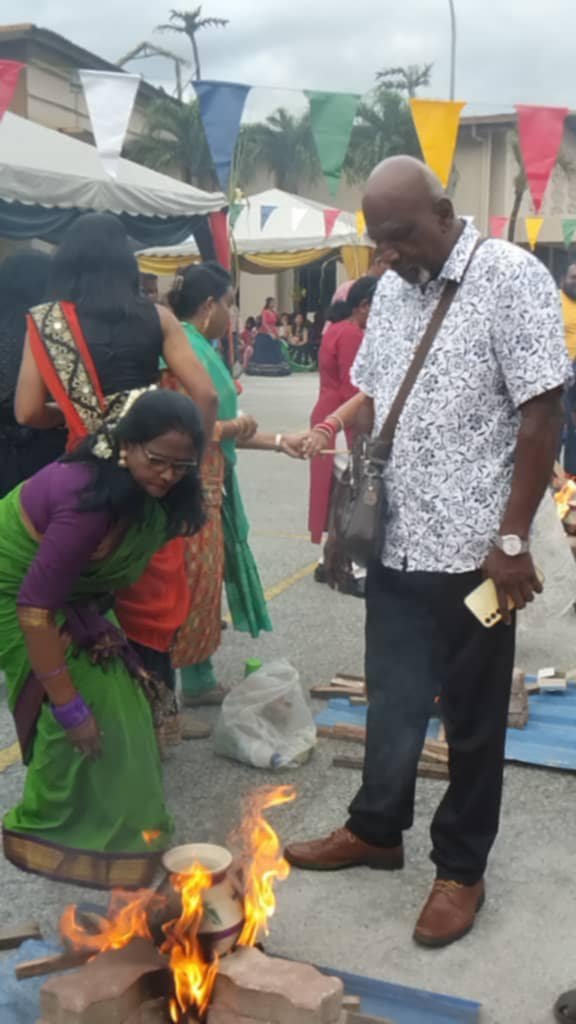
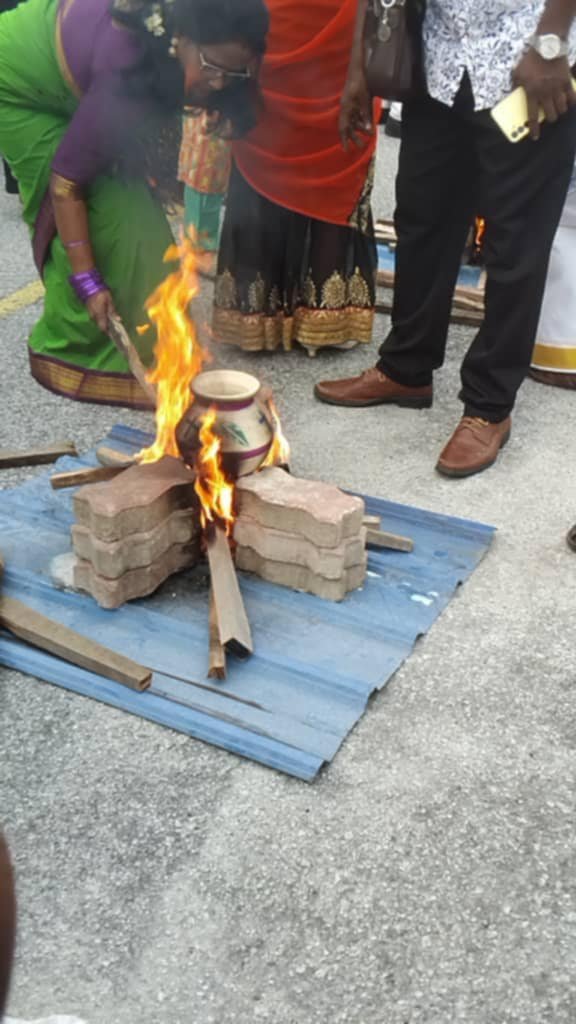
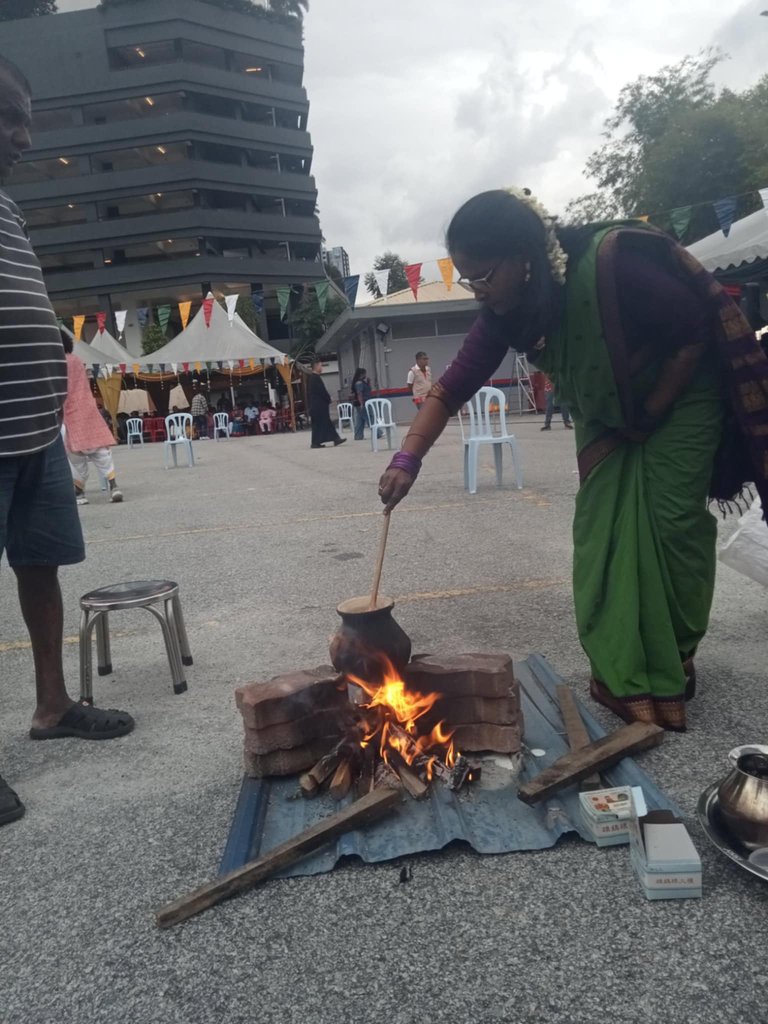
Note:
Photos is mine taken by my daughter and my handphone.
The first photo edited by collage and the second Photo edited by Canva.
